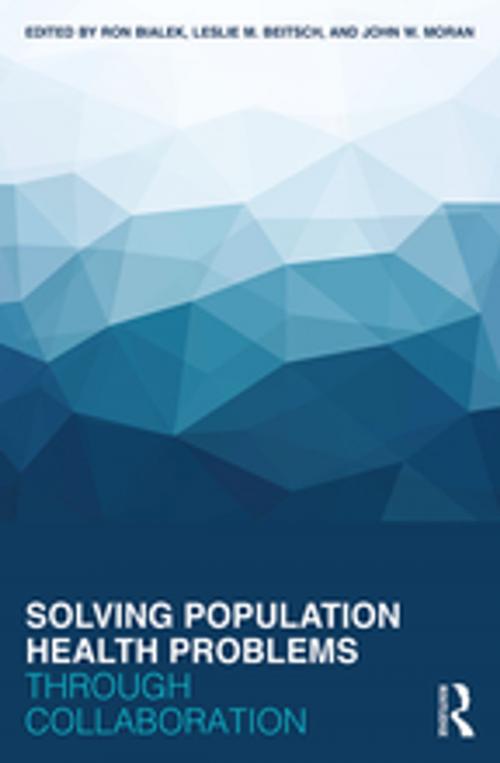Solving Population Health Problems through Collaboration
Nonfiction, Health & Well Being, Medical, Reference, Administration, Business & Finance, Industries & Professions, Industries, Management & Leadership, Management| Author: | ISBN: | 9781315318103 | |
| Publisher: | Taylor and Francis | Publication: | March 27, 2017 |
| Imprint: | Routledge | Language: | English |
| Author: | |
| ISBN: | 9781315318103 |
| Publisher: | Taylor and Francis |
| Publication: | March 27, 2017 |
| Imprint: | Routledge |
| Language: | English |
Rapid changes in healthcare and public health offer tremendous opportunities to focus on process improvement. Public health departments and agencies increasingly work collaboratively with hospitals and other community partners to promote knowledge and improve collective impact through public and private sector coalitions. Solving Population Health Problems through Collaboration brings together population health experts and leaders to examine evidence-based intervention strategies, case studies in health departments and hospitals, health equity issues, core competencies, public health campaigns, step-by-step collaboration advice, and much more. Each chapter is written by a population health leader shaped by his or her experience implementing change in a community’s health, to demonstrate innovative methods and tools for building and leading sustainable community coalitions to effect real change. Designed to prepare population health workers in public health and healthcare settings to develop strategies for improved population health, this book is required reading for public health managers and health administrators as well as students enrolled in population health courses.
Rapid changes in healthcare and public health offer tremendous opportunities to focus on process improvement. Public health departments and agencies increasingly work collaboratively with hospitals and other community partners to promote knowledge and improve collective impact through public and private sector coalitions. Solving Population Health Problems through Collaboration brings together population health experts and leaders to examine evidence-based intervention strategies, case studies in health departments and hospitals, health equity issues, core competencies, public health campaigns, step-by-step collaboration advice, and much more. Each chapter is written by a population health leader shaped by his or her experience implementing change in a community’s health, to demonstrate innovative methods and tools for building and leading sustainable community coalitions to effect real change. Designed to prepare population health workers in public health and healthcare settings to develop strategies for improved population health, this book is required reading for public health managers and health administrators as well as students enrolled in population health courses.















